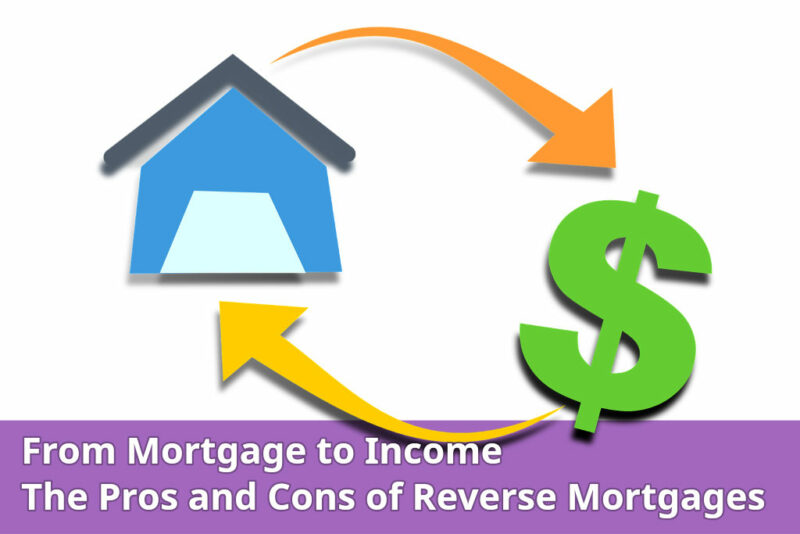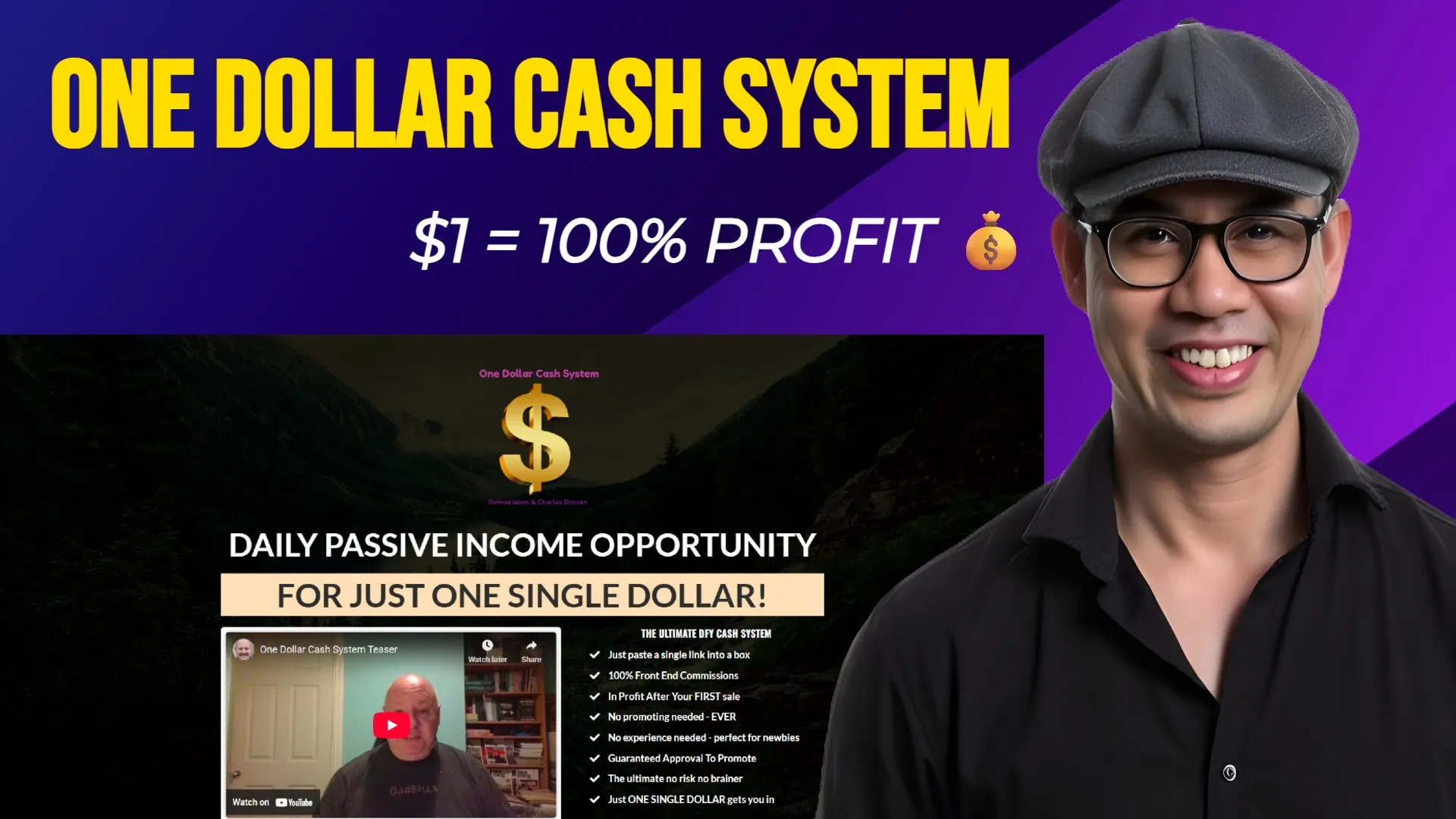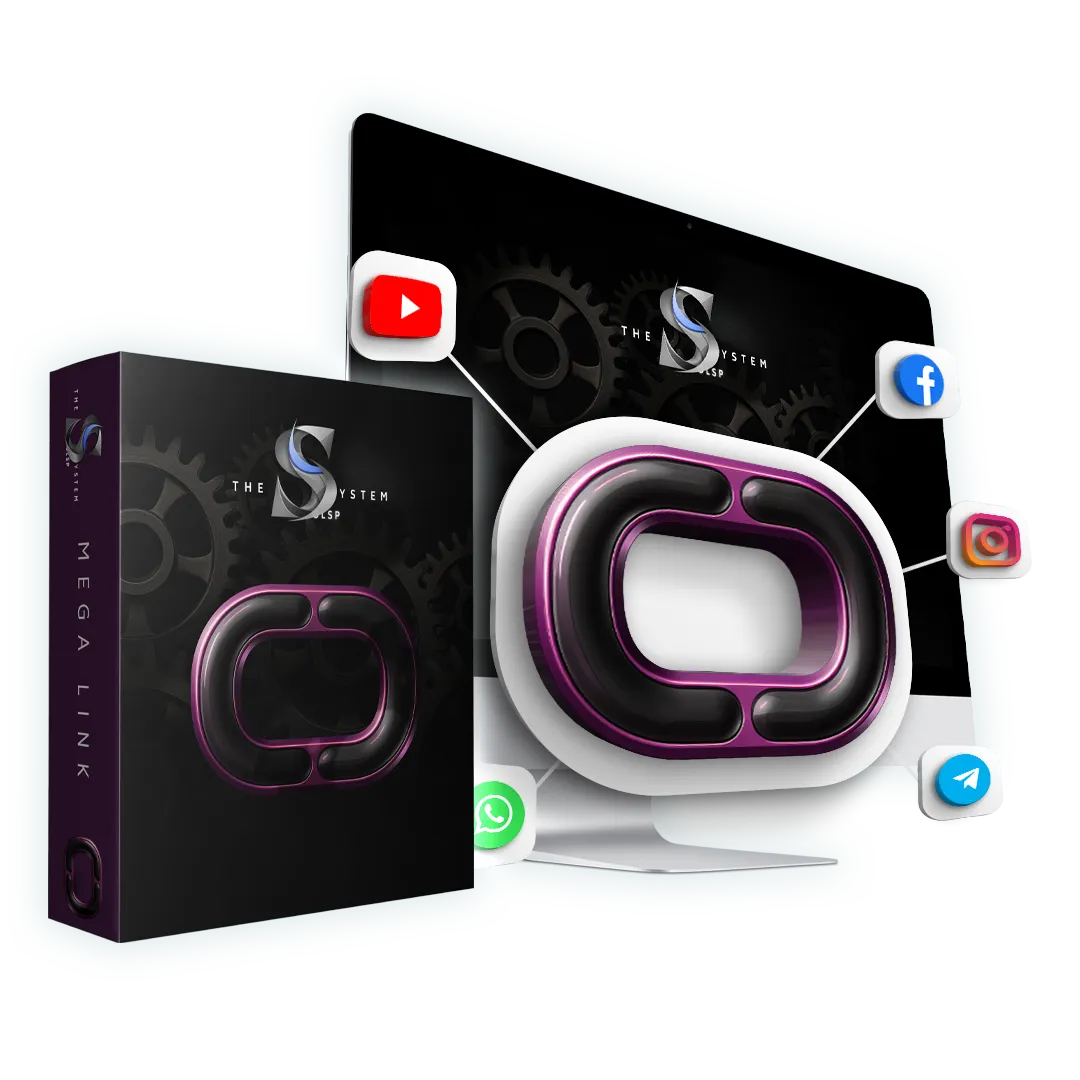Reverse Mortgage Pros and Cons
Is a reverse mortgage right for you? Whether you're looking for a way to produce a stream of income or pay off your expenses, I'll provide some guidance as we explore the strong and weak points of this financial tool

Are you thinking about getting a reverse mortgage? In this article, I'll go over reverse mortgage pros and cons.
Reverse mortgages have been popularly marketed as a great means of getting cash for older adults for paying off expenses or creating an income stream. While it does sound like a great financial tool, you'll have to do your own due diligence to avoid foreclosures, outliving the income provided, and fulfilling the requirements to avoid termination.
Quick disclaimer: the information that I'm providing is for educational purposes only. Please seek a professional if you're looking for financial or tax advice.
Let's get started...
What is a Reverse Mortgage?
A reverse mortgage is a type of home equity loan catered to older adults. The big differences are that you're not making payments to the lender (as they're paying you) and the repayment is deferred. For example, a 62-year-old homeowner who has a considerable amount of home equity may borrow against the value of their house. He/She will either then get the funds through a lump sum, fixed monthly payment, a line of credit, or a combination of payment types (source).
Who Can Apply for Reverse Mortgage?
Here's a quick list of the requirements from the Consumer Financial Protection Bureau (CFPB), a U.S. government agency that makes sure banks, lenders, and other financial companies treat you fairly.
- Homeowners must be at least 62 years old.
- Legally owns a home or have a low mortgage balance that can be paid with the loan proceeds.
- Have the financial capacity to pay for maintenance.
- Have the financial capacity to pay for tax and insurance.
- Must live in the home for the duration of the reverse mortgage.

3 Types of Reverse Mortgages
- Single-purpose reverse mortgage - this is the least expensive option. It's offered by state and local government agencies, and non-profit organizations. The downside is that the loan may only be used for one purpose. This purpose must be specified by the lender and it's for homeowners with low to moderate-income.
- Proprietary reverse mortgage - this is a private loan offered by the developer. The more high-valued your home is, the larger the loan advance.
- Home Equity Conversion Mortgage (HECM) - this is the most popular option of the 3. It's a federally-insured reverse mortgage under the U.S Department of Housing and Urban Development (HUD). Unlike single-purpose reverse mortgages, HECM loans don't have restrictions for the usage of funds as long as their requirements are fulfilled.
One of the common requirements for reverse mortgages is that you'll have to speak to a loan counselor to discuss the reverse mortgage, alternatives, qualifications, and implications of the options.
Pros of Reverse Mortgages
- Income for retirement - If you don't have enough retirement funds, you can tap into a reverse mortgage for income.
- It's generally tax-free - Just consult with a tax professional for personal factors that will affect your final tax treatment.
- They generally don't affect Social Security or Medical payments - Generally, you don't get penalized for using a reverse mortgage.
- The money you owe doesn't grow beyond the value of your home - Reverse mortgages have a "non-recourse" clause, which prevents the borrower from owing more than the value of the home.
- A great option to reduce expenses - You can use a reverse mortgage to pay off credit card debt, educational expenses, or loans.
- Flexible - If you're not using the single-purpose reverse mortgage option, you have flexible spending. You can use it to pay off credit card bills, medical expenses, home improvements, or purchase a home through a Home Equity Conversion Mortgage (source).
- You can stay at home while adding income stream - This is a great option if you'd like to continue living in your home, but would like to reduce your financial burden.
- You get to keep your home for the rest of your life - As long as you pay your taxes and insurance and keep the home in good condition, you can live in your home for life.
- Low risk of default - There is no risk of your home being taken for nonpayment reasons. You don't have to pay for the loan unless you permanently leave it. However, you still need to pay for maintenance, taxes, and insurance.
Cons of Reverse Mortgages
- You may outlive your income- You'll want to create a realistic financial plan. I've seen some older adults plan their future based on extremely risky investments or business ventures in conjunction with their reverse mortgage. While we all take risks when we're investing, you'll want to have a conservative plan or a safe "plan B" in case those investments don't pan out.
- Your heirs won't inherit the house - If you want your heirs to inherit your home, then you might want to consider other options. Most borrowers have to sell their home to repay the reverse mortgage.
- Application fees are generally expensive - Lenders charge an origination fee and high closing costs compared to conventional loans.
- Reverse mortgages are adjustable rate products - Depending on the market, the loan rate could be good or bad for you. Adjustable rates affect the cost of your loan over time.
- You can't move out from your home, if you do, your loan becomes due - The Consumer Financial Protection Bureau states "This will probably require selling your home, and your children, relatives or roommates will most likely have to move." Keep in mind that living somewhere else for the majority of a year or living in a nursing home or assisted living community for 12 consecutive months or more counts as a permanent move (source).
- Accumulating interest - Although there are no monthly payments, the loan amount you will pay back increases due to interest. Thankfully the money you owe will not exceed the value of your home as it is a non-recourse loan.
- Limited cash - If you have a lot of home equity, know that the amount of money you can borrow is limited. As of 2019, the loan limit set by HECM is $726,525.
- You must keep the home well-maintained, as well as pay the taxes and insurance to avoid foreclosure - As the borrower, it is your job to keep it maintained and pay for insurance and taxes. If these requirements aren't met, it may cause your loan to become due and payable. After the initial inspection, banks can do drive-by's and follow-ups to make sure that you're maintaining your home.
- Non-deductible interest - In a normal mortgage, you typically have the ability to write-off the interest. With a reverse mortgage, you no longer have that right as it's considered home equity debt (source).
- You may have to pay more than what your home is worth - While real estate is expected to appreciate over time, there are times where borrowers have to pay their reverse mortgage in full during an economic depression.
Conclusion
Reverse mortgages are a great financial tool to increase your income or pay off debt. All while keeping your home provided you pay for its maintenance and other expenses. But do note that you will leave your heirs without a home to inherit. You also need to consider your financial situation before considering a reverse mortgage or you might end up losing your home.
Featured image by Clker-Free-Vector-Images.








